
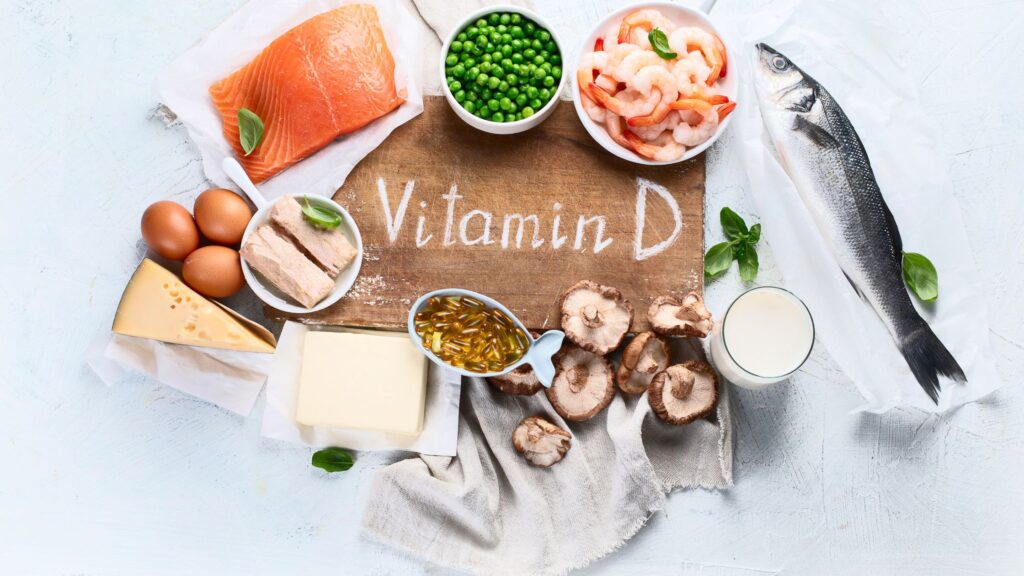
Vitamins and minerals are crucial for functions in the body like helping to fight infection, healing wounds and making bones strong to regulate hormones.
Additionally, Vitamin D3 + K2 directs the absorption of calcium from the intestines in the blood. Vitamin K2 directs the calcium into the bones. Additionally, It helps benefit skeletal and muscle development by optimizing muscle strength. It shows anticoagulant effects which improve cardiovascular function.
Vitamin D is a fat-soluble vitamin that helps absorb calcium and phosphorus. Additionally, Vitamin D3 is found in beef, beef liver and cheese as well as from the ultraviolet radiation from the sun.
Vitamin K2 is needed to build and maintain bones. Furthermore, It helps improve bone density reducing the risk of bone fracture. Additionally, It helps reduce arterial stiffness and slow the progression of vascular calcification which decreases cardiovascular mortality.
Extrahepatic organs like bone and the vascular system require Vitamin K. While, calcium is absorbed easily by vitamin D3K2. The protein integrates calcium in bone.
Vitamin D3 ensures the absorption of calcium by the bones while K2 activates the protein which integrates calcium in the bone. Additionally, Without D3 calcium cannot effectively bind excess calcium and ensure flow. Doctors recommend combining both of them.
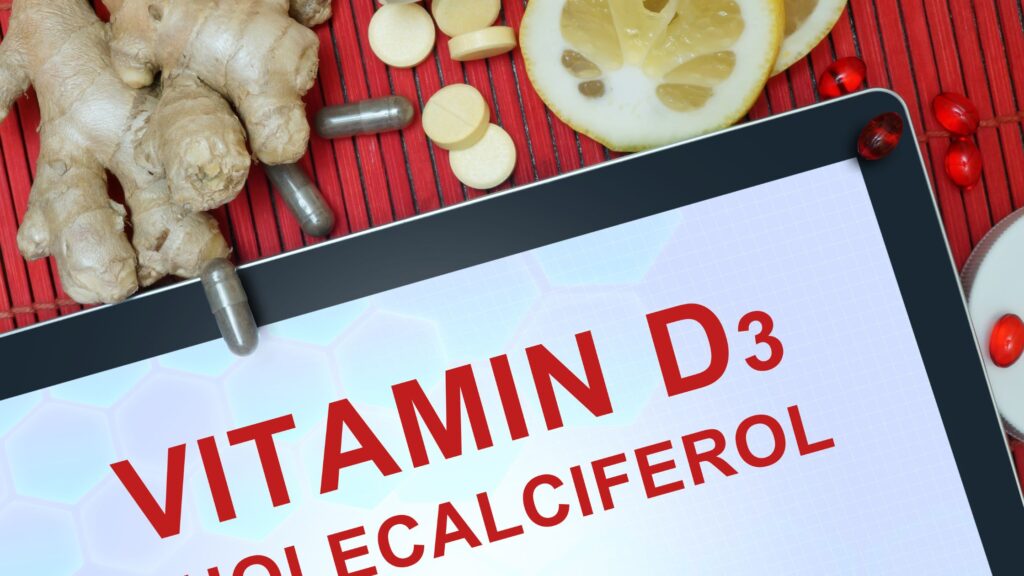
Bone Health
Cardiovascular Health
Immune System Support
Overall Well-being
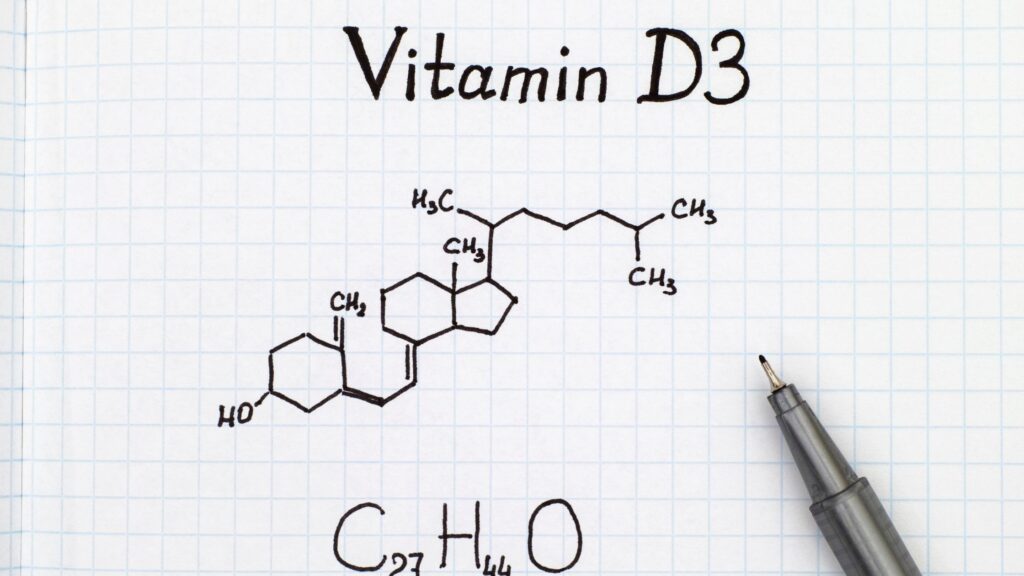
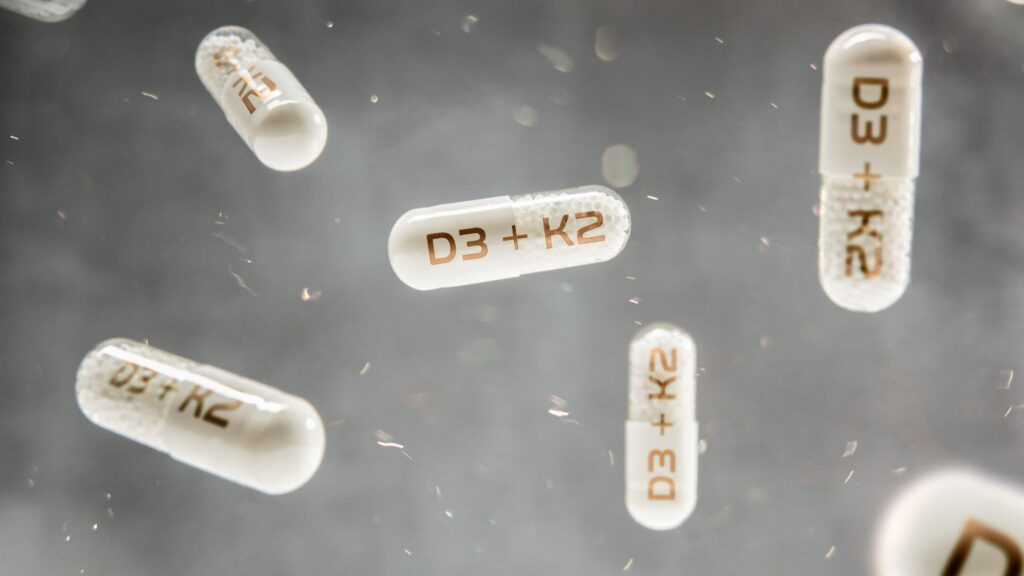
Dosage Recommendations
Best Time to Take Vitamin D3 and K2
Forms of Supplements
Some best vitamin D3 tablets are:
Nausea/vomiting, constipation, loss of appetite, increased thirst and unusual tiredness are some of the effects.
Additionally, Some serious side effects are signs of allergic reaction like rash, hives, red swelling, itching and tightness in the chest or throat.
Moreover, Too much vitamin D produces harmful high calcium levels are some of the side effects which can occur.
Before taking vitamin D you must consult with your pharmacist if you are allergic to it. The product might contain inactive ingredients like peanuts which can trigger an allergic reaction.
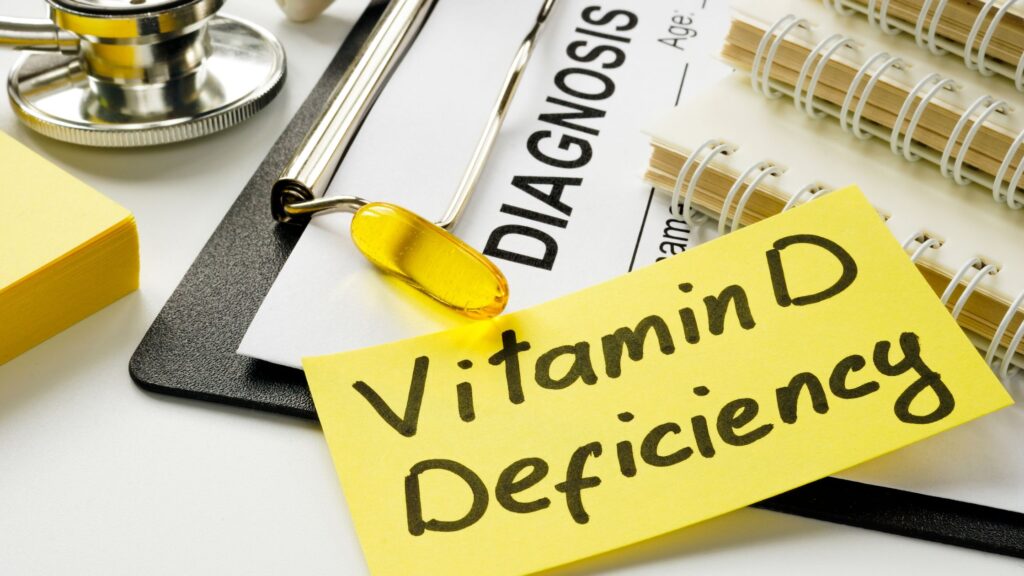
In conclusion,It supplements help support cardiovascular health by ensuring the effective utilization of calcium, preventing it in the body and from being deposited in the arteries. Maintaining Healthy arteries is essential to prevent heart disease and maintain optimal heart function.
Furthermore, k2 d3 supplements are commonly used to increase motivation related to health supplementing nutrients from food intake that might be lacking. The use of supplements was related to favourable health and choices. To know more about vitamin d3 visit Vitalqure.com you are facing any of the above symptoms you should consult with a healthcare provider before starting any new supplement regimen.
Furthermore, If you like this vlog consider liking and subscribing to the blog and leave your experience in the comments below.
What are the benefits of taking Vitamin D3 K2 together?
Vitamin D3 and vitamin K2 ensure the calcium is absorbed easily and help you reach the bone mass.
What is the recommended dosage for Vitamin D3 and K2 supplements?
Researchers say approximately 1 microgram of vitamin K for each kilogram of the body.
Are there any side effects of taking Vitamin D3 K2?
Some side effects of taking vitamin D3 K2 are anorexia, constipation, irritability, itching and dehydration.
When is the best time to take Vitamin D3 and K2?
The best time to have vitamin D3+K2 is when taken together for optimal absorption supplementing with breakfast or lunch.
Can I get Vitamin D3 and K2 from food alone?
The most common sources of vitamin K2 and D3 are found in eggs, kale, broccoli, turnip and sprouts.


Get the latest health tips, expert advice, and exclusive offers straight to your inbox when you sign up for the VitalQure™ email list

Stay informed about nutrition, fitness, and holistic wellness trends, and enjoy subscriber-only discounts on our premium health products.
Be the first to know about new product launches, special promotions, and events, and access exclusive content like e-books and webinars designed to empower you on your health journey.
Don’t miss out – join the VitalQure™ community now!